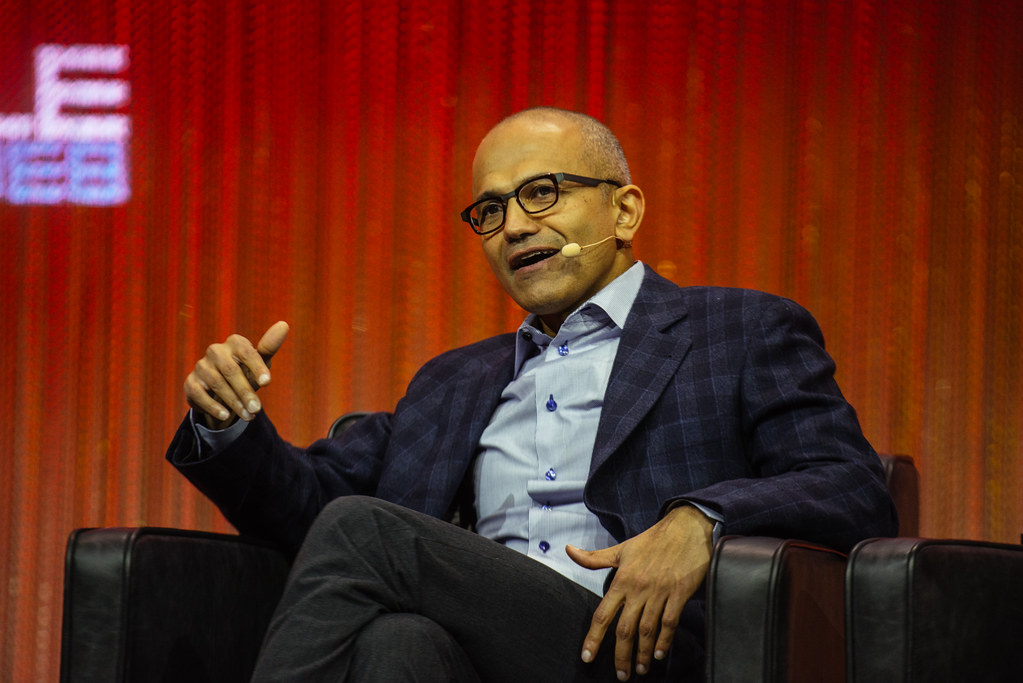
OpenAI announced Thursday it has reached a nonbinding agreement with Microsoft, its largest investor, to move its for-profit arm into a public benefit corporation (PBC). The shift, if approved by state regulators, would enable the AI company to raise more capital and eventually pursue a public listing.
OpenAI board chairman Bret Taylor said in a blog post that the nonprofit parent organization would continue to exist and retain control over the company’s operations. The nonprofit would hold a stake in the PBC valued at more than $100 billion. Full terms of the deal were not disclosed.
Both companies emphasized that the agreement is a memorandum of understanding (MOU), outlining expectations but not yet legally binding. “We are actively working to finalize contractual terms in a definitive agreement,” OpenAI and Microsoft said in a joint statement.
OpenAI’s governance remains unusual compared to most startups. Its nonprofit board retains control, a system that allowed directors to oust CEO Sam Altman in 2023 before reinstating him days later. While that episode led to resignations, the nonprofit structure is still intact.
The new arrangement appears to settle months of tense negotiations between OpenAI and Microsoft, with Microsoft pushing for greater control and OpenAI seeking more independence.
Shifting Cloud Relationships
Microsoft has been OpenAI’s primary cloud partner since first investing in 2019. But as ChatGPT’s scale grew, OpenAI sought to diversify. In recent months, the company signed a $300 billion cloud deal with Oracle that begins in 2027 and partnered with SoftBank on its Stargate data center project.
OpenAI’s desire to loosen Microsoft’s grip was a key sticking point in negotiations. The nonprofit’s stake in the PBC, as structured in this agreement, is larger than what Elon Musk had offered in his unsolicited $97 billion takeover bid earlier this year.
Taylor noted that OpenAI and Microsoft will work with attorneys general in California and Delaware to secure regulatory approval for the PBC transition. Without it, the structure cannot take effect.
Legal and Competitive Tensions
Negotiations between Microsoft and OpenAI grew heated in recent months, with disputes over intellectual property tied to Windsurf, a coding startup OpenAI had considered acquiring. That deal fell apart, with Windsurf’s founders joining Google instead.
Meanwhile, Musk’s lawsuit against OpenAI, which accuses the company of abandoning its nonprofit mission, continues to highlight the transition to a for-profit model as a central issue. Nonprofits such as Encode and The Midas Project have also raised concerns, claiming OpenAI’s shift threatens its stated mission to develop safe AI for humanity.
Author’s Opinion
OpenAI’s move toward a PBC shows how difficult it is to balance lofty nonprofit missions with the massive capital demands of building advanced AI. While the nonprofit board technically retains control, the company’s growing ties to big investors suggest financial pressure will increasingly shape its direction. If OpenAI truly wants to uphold its “benefit humanity” mission, it will need stronger guardrails to prevent profit-driven decisions from overwhelming its original purpose.
Featured image credit: Kmeron via Flickr
For more stories like it, click the +Follow button at the top of this page to follow us.
